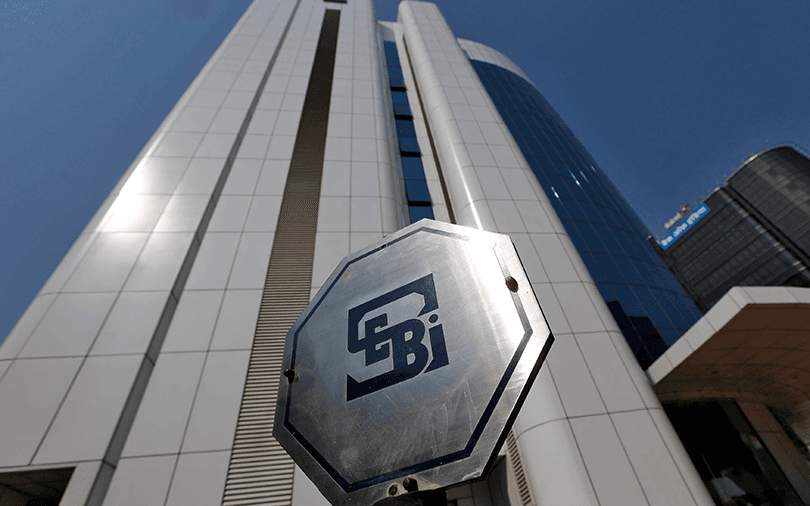The Securities and Exchange Board of India has proposed a range of changes to encourage local technology startups and other new-age firms to float initial share sales after last year’s regulations failed to nudge anyone to go public.
The capital markets regulator had last year set up a so-called Innovators Growth Platform (IGP) and unveiled a new framework, which included a dual-class share structure, to enable startups to list their shares on stock exchanges.
However, the platform didn’t get any traction and no startup has floated an initial public offering thus far. This has prompted SEBI to consider changes in its regulations, the regulator said Monday as it floated a discussion paper seeking comments on a set of proposed rules.
Under the new proposals, SEBI has recommended a discretionary quota to startups floating an IPO. The startups can allot up to 60% of the shares to be sold in the IPO to select investors on a discretionary basis before the issue opens to all investors, the regulator. This provision is similar to the anchor allotment rule for companies floating IPOs on the main board of stock exchanges.
SEBI also proposed to increase the open offer trigger to 49% from 25%. Currently, any investor who buys a 25% stake in a listed company must also make an offer to public shareholders to buy at least 26% more.
This lower threshold restricts the flexibility of the investors to move in and out of investments in startups, SEBI said while proposing to relax this limit. “However, it may be stipulated that any change in control irrespective of value of acquisition will trigger [an] open offer,” it added.
The consultation paper also seeks to provide for easier norms for startups listing on the IGP platform to migrate to the main board.
Another issue has been related to provision for differential voting rights (DVR) for startup founders as the current platform does not allow it even though this is part of the rules for firms listing on the main board. In the new proposals such differential rights may be allowed to founders.
The consultation paper also proposes to relax the eligibility criteria. At present, 25% of pre-issue capital is required to be held by eligible investors for two years. To expand the list of companies eligible for listing on the platform, the paper has proposed to shrink the holding period by eligible investors to one year.
It also proposes to relax the lock-in requirements. As of now, the entire pre-issue capital of the shareholders is required to be locked-in for six months from the date of allotment or listing. There is an exemption for SEBI-registered venture capital funds provided that such equity shares are locked-in for at least one year from the date of purchase. Since after the issue such lock-in requirements are not applicable to private equity funds on the main exchanges, the rule may be harmonised to provide a relaxation from lock-in for PE funds too, SEBI said.
The consultation paper also proposed to extend the applicability of special rights after listing. Currently, such rights collapse after the public offering. But such clauses seek to protect the rights of investors in startups and the proposal seeks to allow such investors to continue to enjoy such special rights post listing on the IGP.
However, such rights would need to be close-ended with adequate checks and balances in terms of coat-tail provisions and a sunset clause, SEBI said.
The rule book also prescribes firms listed on the IGP platform to follow the same delisting conditions like the main board with requirements for reverse book building and 90% threshold holding. This is seen as too onerous and the proposals include bringing down the delisting threshold to 75% of the paid-up capital with the delisting price based on a floor price plus an additional delisting premium.
SEBI has also proposed to relax the threshold for disclosure of aggregate shareholding from 5% currently to 10% and whenever there is a subsequent change of 5% instead of present 2%.







